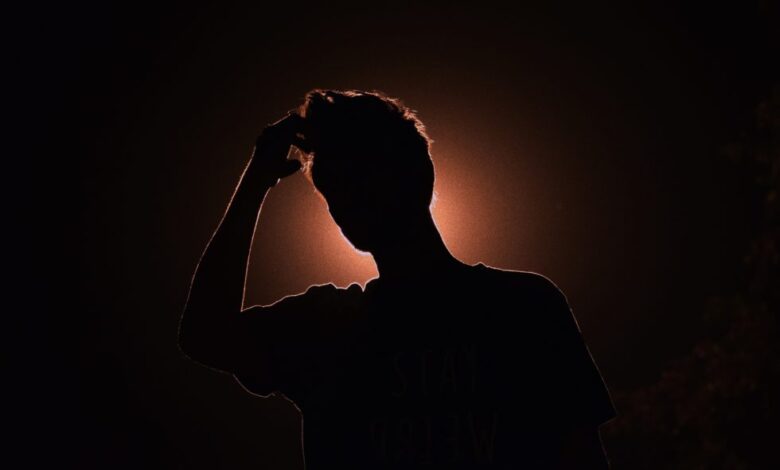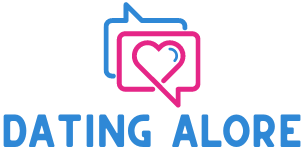The Nature of Identity

Let me ask you a question: who are you?
“Me?” I hear you say, “Well I’m such and such, I’m this many years old, my likes include a, b, c.” Yes, that’s all well and good. I’m tremendously happy that I now know what you enjoy and how long you’ve been alive and what collection of syllables your parents decided to award you with at birth. But, let me ask you again: who are you?
In reality, very few of us could answer. As demonstrated above, we can reel of list after list of facts about ourselves, we can say what we’re “like” or describe our “personality traits”, but when it comes to saying exactly who they are, many find themselves dumbfounded. It seems simple enough – of course you know yourself, you know your mind, you know where you’re from. You and you alone are the protector of your dreams, desires, hopes and fears.
I used to get rather frustrated when someone asked me who I was and then questioned my response. Listen, I felt like saying, I think I know me a bit better than you do. That was, however, before I read a book by the Franco-Czech novelist, Milan Kundera, called Identity. The story is brief (153 pages), yet infinitely powerful.
It follows two lovers and the occurrence of a catastrophic, yet superbly implicit, event. This event, needless to say, sets of a chain of subtle and intricate incidents. “Sometimes”, writes Kundera, ” – Perhaps only for an instant – we fail to recognize a companion; for a moment their identity ceases to exist, and thus we come to doubt our own”. I was gripped from page one. But, this is not a book plug. All I will say is this: this is a book of major consequence, powerful and so well-crafted; the reader has to readjust their perspective of reality. If you haven’t read it – do.
But, what I want to talk about is this – identity.
Would we be who we are if people did not tell us who we “ought to be”? Before birth, we are without identity. In the womb, we are not yet members of the human world. But even then, mothers will call their baby this if it’s a boy and that if it’s a girl. Already, our “identity” is being forced upon us. And the minute we emerge from the amniotic, the birth certificate is established. This person is called X. They are the child (the property even) of Z and Y. And thus, we gain our identity. As we grow, our parents give us boundaries and (sub)consciously imprint society’s rules upon us. Children don’t care if mud is messy or ugly or dirty – by heck, they’re going to play in it. Cue Mother, “Oh no dear, don’t play in that, that’s not nice.” Ergo, the child learns that mud is bad and develops into an adult who has entirely forgotten about their forbidden love for muck, and wouldn’t dare go and jump around in it. There is nothing wrong with this, of course – this is parenting, children need regulations and discipline, there’s no disputing that. But, this is a prime example of how part of our identity is not chosen by us but instead an obligation we simply have to adopt.
Imagine a questionnaire. Question One, what do you enjoy? Tick one box: art, maths, science, leisure, cookery, history, sport et cetera. Isn’t this the very formation of who we are? Early on, as children, we “tick boxes” to tell society what kind of people we are and this stays with us for life. Maybe we change, but then we just tick another box. I remember being asked, “So, are you sporty, Sam? Or do you prefer reading, or..?” It seems to me that we like categories; it seems to me that this is human nature. Tick a box. And those that refuse? There’s a name for them – rebels.
“But, isn’t this choosing your own identity?” many argue, “Surely you’re getting to pick who you are”. Yes, you said it yourself – you’re picking who you are.
Imagine a world where, when we are born, we aren’t named, aren’t told what’s good and bad, aren’t given questionnaires and personality quizzes, aren’t controlled by law or restricted by faith. Where we don’t pick from a list of possible personalities, where we aren’t categorized. Would we actually gain an identity?
When on our own, completely alone, we are different people. There’s no denying it: the person society sees isn’t the same person that you see in your bathroom mirror when no one’s around. When left utterly, utterly alone, do we still possess an identity? Or, is our identity something we wear when people (the physical embodiment of society) are present? Do we still enjoy such and such, do we still admire this and that?
In ending, I would like to ask this: are we who we are, or are we simply a representation of who we are perceived to be? Open your browser, go to a blog. Is it a cookery blog, a poetry blog, a travel blog or anything else for that matter? Look at the readers. Those square pictures, those digits, have decided to say, “I belong to this group, I like what this blog’s about”. All those people, myself among them, have self-categorized and joined a community for their “type of people”. I’ll finish as I began. Who are you? Are you yourself? Or are you who you should be? Visualize a world without people, and without people, nobody perceives you, nobody provides you with boxes to tick. Now let me ask an absolute question:
Do you still exist?





I am an investor of gate io, I have consulted a lot of information, I hope to upgrade my investment strategy with a new model. Your article creation ideas have given me a lot of inspiration, but I still have some doubts. I wonder if you can help me? Thanks.
Can you be more specific about the content of your article? After reading it, I still have some doubts. Hope you can help me.
I don’t think the title of your article matches the content lol. Just kidding, mainly because I had some doubts after reading the article.